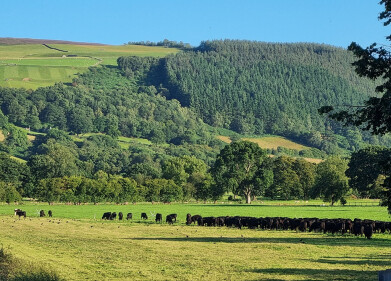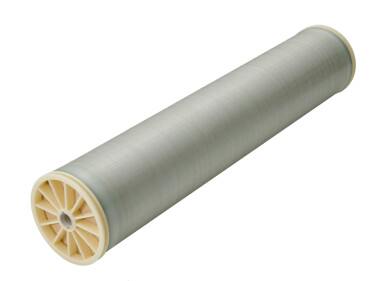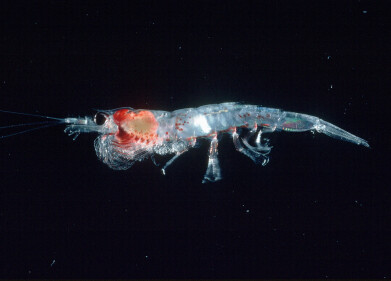Water/Wastewater
How to Use Less Water in the Home
Sep 30 2015
Although 70% of the Earth’s surface is composed of water, a mere 2.5% of that total is freshwater and under 1% is potable. With the world’s population higher than ever and expected to continue growing at unprecedented rates over the coming years and decades, conserving water to ensure there is enough to go around has never been more important.
Indeed, figures from the World Health Organisation (WHO) and UNICEF estimate that roughly 1 in every 8 people is without access to clean drinking water on a daily basis – and that’s even with ingenious inventions such as this one. Clearly, such a situation is unacceptable, and it’s up to all of us to make a collective effort to reduce our water consumption so that others can have access to the bare necessity of all life – H20.
Here are five handy ways which you can conserve your water intake in the home and do your bit for the planet and its inhabitants.
-
Use Less Water
Of course, this sounds so simple that it’s almost offensively obvious. However, it’s amazing how much difference small changes can make to our collective water consumption, if we all commit to them. Simple things such as turning off the tap while brushing teeth and washing dishes, taking shorter showers and only running appliances like washing machines or dishwashers when they’re full can save a remarkable amount of water in the long run.
-
Invest in Greywater Recycling
What is greywater recycling, I hear you ask? Simply put, greywater is water that is neither clean enough to be fit for consumption or hygienic washing, but not toxic. As such, it can be harvested and used for simple tasks such as watering flowers, flushing toilets or cleaning your clothes. Although they can be a little expensive to install, greywater recycling systems can save more than 50% of all water used in the home, meaning they’re a sound investment in the long run.
-
Reuse and Recycle Manually
Of course, you don’t have to spend lots of cash to capture greywater and reuse it. Simple procedures like placing a basin in the sink while you wash vegetables or leaving a bucket out in the rain can provide you with water suitable for irrigating your garden or watering your houseplants. It’s as simple as that!
-
Fix Leaks
Though a leaky plumbing system might not strike you as an immediate source of lost water, it can all add up at the end of the year – according to the Environmental Protection Agency (EPA), it can cost as much as 35,000 litres of waste water. To check whether there’s a leak in your house, simply note the reading on your water metre, use no taps or water sources for a minimum of two hours, then check the reading again. If there’s a discrepancy, you most likely have a leak.
-
Go Energy Efficient
Old dishwashers and washing machines use a considerable amount more water (and energy) than newer, energy-efficient models. Consider upgrading to not only save yourself a substantial amount on bills, but also the environment in vast amounts of water saved. Similarly, you can install low-flow showerheads and tap-heads throughout the house to ensure you limit the amount of water you use.
Events
Carrefour des Gestions Locales de L'eau
Jan 22 2025 Rennes, France
Jan 29 2025 Tokyo, Japan
Feb 05 2025 Nantes, France
Feb 16 2025 Kampala, Uganda
Feb 26 2025 Chennai, India




-as-feedstock.jpg)





